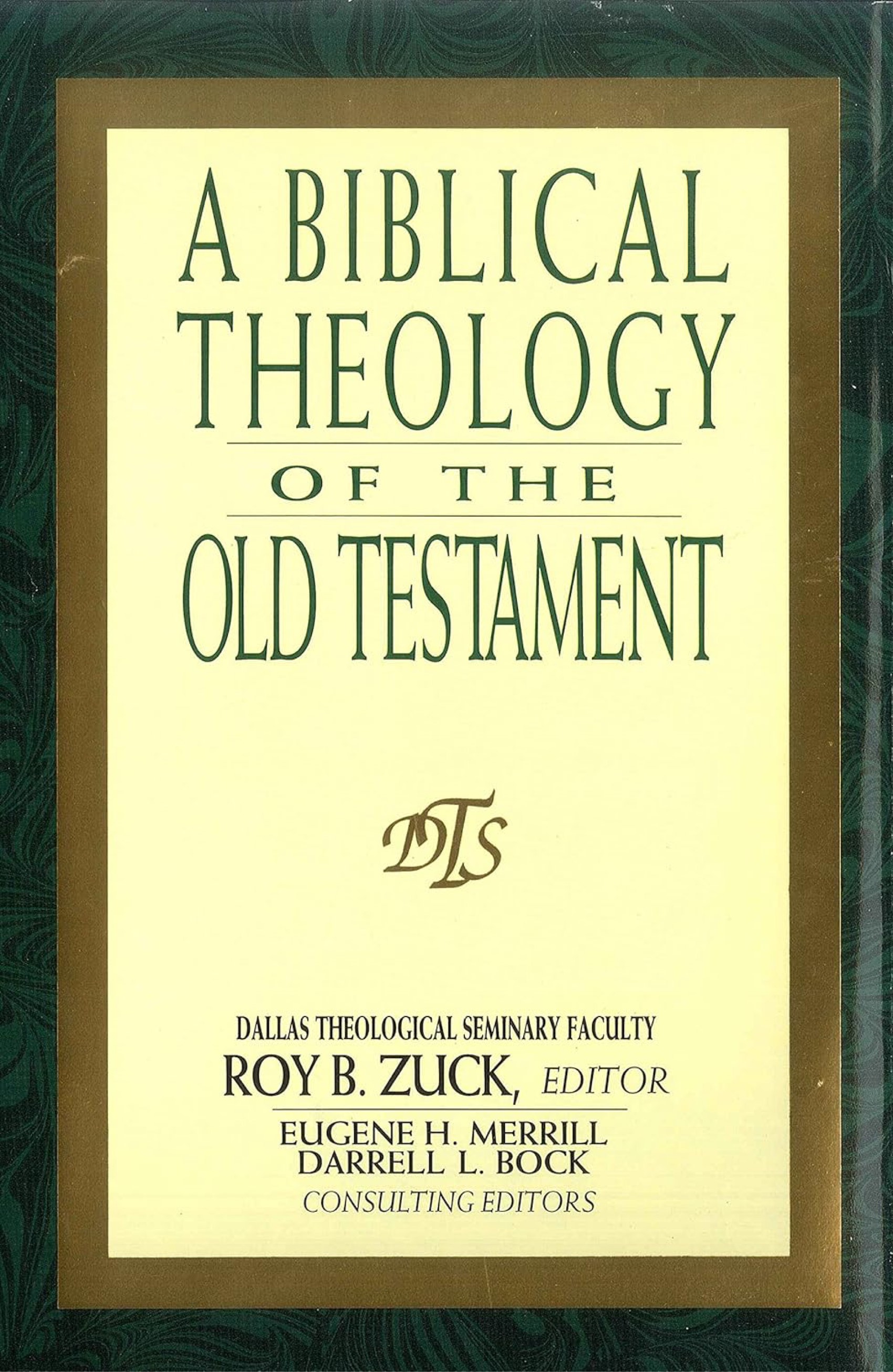A BIBLICAL THEOLOGY OF THE OLD TESTAMENT
Summary of A Biblical Theology of the Old Testament
A Biblical Theology of the Old Testament, edited by Roy B. Zuck, provides a structured exploration of the theological themes and development within the Old Testament. The book seeks to bridge exegesis (detailed study of scripture) and systematic theology (organized doctrine) by tracing theological progress throughout the biblical narrative.
Key Themes and Structure:
1. Theological Foundations
• The Old Testament reveals God’s nature, His relationship with humanity, and His redemptive plan.
• Theology should be based on biblical exegesis rather than philosophical systems imposed on scripture.
2. The Kingdom of God as a Central Theme
• The book argues that the primary theme of Old Testament theology is God’s Kingdom—His rule over creation, expressed through covenants and mediated by His people.
• This divine rule is ultimately fulfilled through the Messiah, who restores God’s sovereignty over the world.
3. Theological Themes by Biblical Sections:
• The Pentateuch (Genesis–Deuteronomy):
• Creation establishes humanity’s purpose to rule as God’s representatives.
• The fall disrupts this order, requiring divine covenants (e.g., with Abraham, Moses) to restore the relationship.
• The Law serves as a guide for holy living and maintaining covenant faithfulness.
• Historical Books (Joshua–Esther):
• Israel’s history is shaped by its obedience or disobedience to God’s covenants.
• The monarchy demonstrates the need for a righteous ruler, leading to messianic expectations.
• Wisdom Literature (Job, Psalms, Proverbs, Ecclesiastes, Song of Songs):
• Explores human suffering, divine wisdom, and the fear of the Lord.
• Psalms reflect worship and trust in God’s faithfulness.
• The Prophets (Isaiah–Malachi):
• Call for repentance and warn of judgment while also pointing to future restoration.
• Messianic prophecies highlight the coming reign of Christ and the new covenant.
4. Sin, Covenant, and Redemption
• Humanity’s fall introduced sin, disrupting harmony with God, creation, and each other.
• God’s covenants (Noahic, Abrahamic, Mosaic, Davidic, and New Covenant) progressively reveal His redemptive plan.
• Salvation in the Old Testament anticipates Jesus Christ, who fulfills these covenants.
5. Application for Today
• The Old Testament is foundational for understanding Christian theology and God’s unchanging character.
• Studying biblical theology helps believers grasp the unity of Scripture and the unfolding of God’s redemptive history.
This book offers a comprehensive, scholarly yet accessible guide to understanding how the Old Testament shapes the larger biblical narrative and Christian theology.
